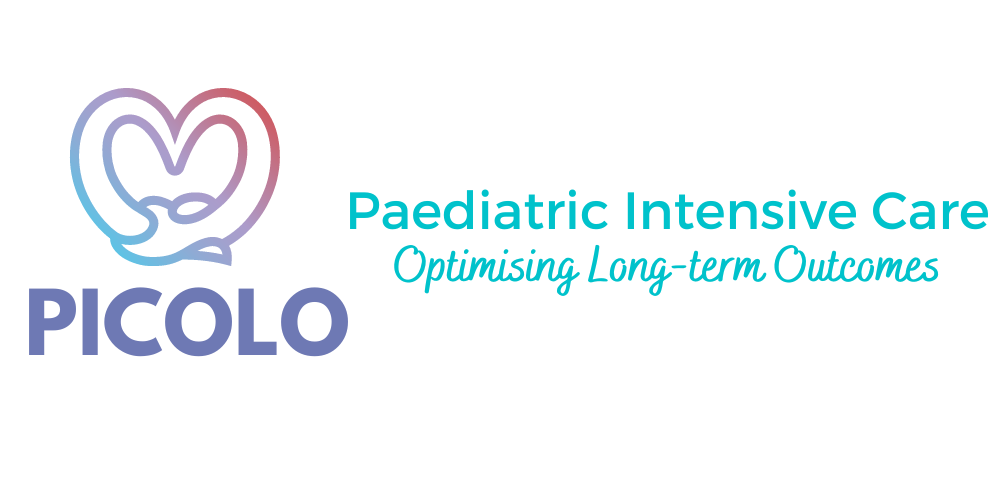What is PICS-p?
Being treated in the Paediatric Intensive Care Unit (PICU) can be physically and emotionally difficult for children.
Some children may recover from their illness or injury, and their treatment in PICU, with little or no developmental impact. Others may struggle with physical, social, emotional, and/or cognitive (or ‘thinking’) skills and development after an admission to PICU.
These problems have been described as Post-Intensive Care Syndrome in paediatrics (PICS-p).
Childhood and adolescence are important times of brain development, and children who are experiencing such problems without receiving support may have ongoing problems in their schooling, friendships, mental health, family functioning and quality of life.
The PICS-p framework also recognises that parents, siblings and other family members, too, can experience emotional and social health issues after a child has been admitted to PICU.
The way different members of the family are feeling, including the child, can all impact on the child’s long-term recovery and quality of life.



